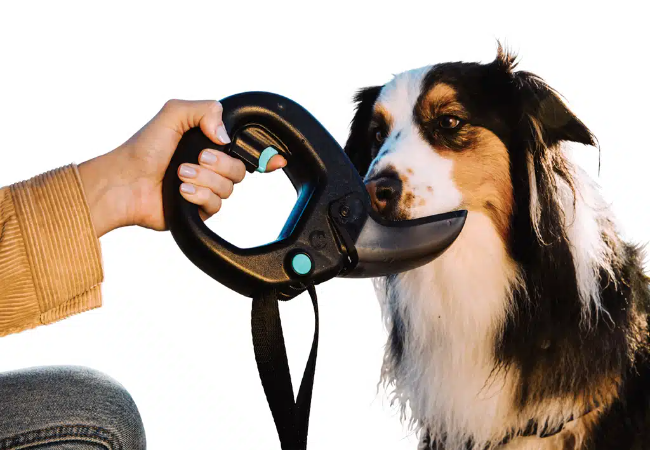Dog Poop 2025: Vet-Approved Guide to What It Reveals About Health 🐾✨

In this article
Dog Poop 2025: Vet-Approved Guide to What It Reveals About Health 🐾✨
By Dr. Duncan Houston BVSc
Your dog’s bowel movements aren’t just a routine part of life — they can provide important clues about your furry friend’s health. Observing frequency, consistency, and appearance can help you spot potential issues before they become serious.
A healthy adult dog typically has a bowel movement once or twice a day, though puppies, senior dogs, and those with health concerns may differ. Knowing what’s normal for your dog is key to keeping them healthy.
🚨 Signs Your Dog May Be Pooping More Often
If you notice your dog is going more frequently than usual, several factors could be responsible:
-
Dietary Changes
Switching dog food or introducing new treats, especially those high in fiber, can increase bowel movements. Gradual changes help prevent digestive upset. -
Dietary Indiscretion
Dogs are curious eaters and may snack on things they shouldn’t, like garbage, table scraps, or plants, which can irritate their digestive system. -
Parasites
Worms and other intestinal parasites can increase stool frequency. Regular deworming is essential, especially for puppies. -
Infections
Bacterial or viral gastrointestinal infections can trigger diarrhea or frequent bowel movements. -
Inflammatory Bowel Disease (IBD)
Chronic intestinal inflammation may cause frequent pooping, often with discomfort. -
Hyperthyroidism (rare in dogs)
Overactive thyroid hormone production can increase appetite and stool frequency. -
Food Allergies or Intolerances
Dogs can react to certain ingredients in their diet, resulting in frequent or loose stools. -
Colitis
Inflammation of the colon may cause small, frequent poops, sometimes with mucus or blood.
🐕 Why Your Dog May Be Pooping Less
On the other hand, less frequent bowel movements can indicate constipation or other problems:
-
Constipation
Causes include dehydration, a low-fiber diet, lack of exercise, or swallowing hair or foreign objects. -
Obstruction
Foreign objects, tumors, or severe constipation can block the digestive tract. This is a serious condition requiring immediate veterinary attention. -
Dietary Changes
Certain food changes may slow digestion or alter stool frequency. -
Medications
Some medications can lead to constipation or less frequent bowel movements. -
Illness or Disease
Conditions affecting appetite or digestion may reduce stool frequency. -
Stress or Behavioral Issues
Changes in routine, environment, or emotional stress can impact bathroom habits. -
Dehydration
Insufficient water intake can harden stool and make defecation less frequent and painful.
✅ Monitoring Your Dog’s Poop
Here are a few tips to help you keep an eye on your dog’s digestive health:
-
Track frequency and consistency: Note any sudden changes.
-
Observe stool appearance: Blood, mucus, or unusual color may indicate illness.
-
Watch for other symptoms: Vomiting, lethargy, or weight loss paired with changes in pooping is a red flag.
-
Provide fresh water and a balanced diet: Proper hydration and nutrition support healthy digestion.
🩺 When to See a Veterinarian
Any significant changes in your dog’s bowel habits warrant professional attention. Frequent diarrhea, constipation, blood in the stool, or accompanying symptoms like vomiting or weight loss should be evaluated promptly. Early intervention can prevent more serious health problems and keep your dog happy and comfortable.



